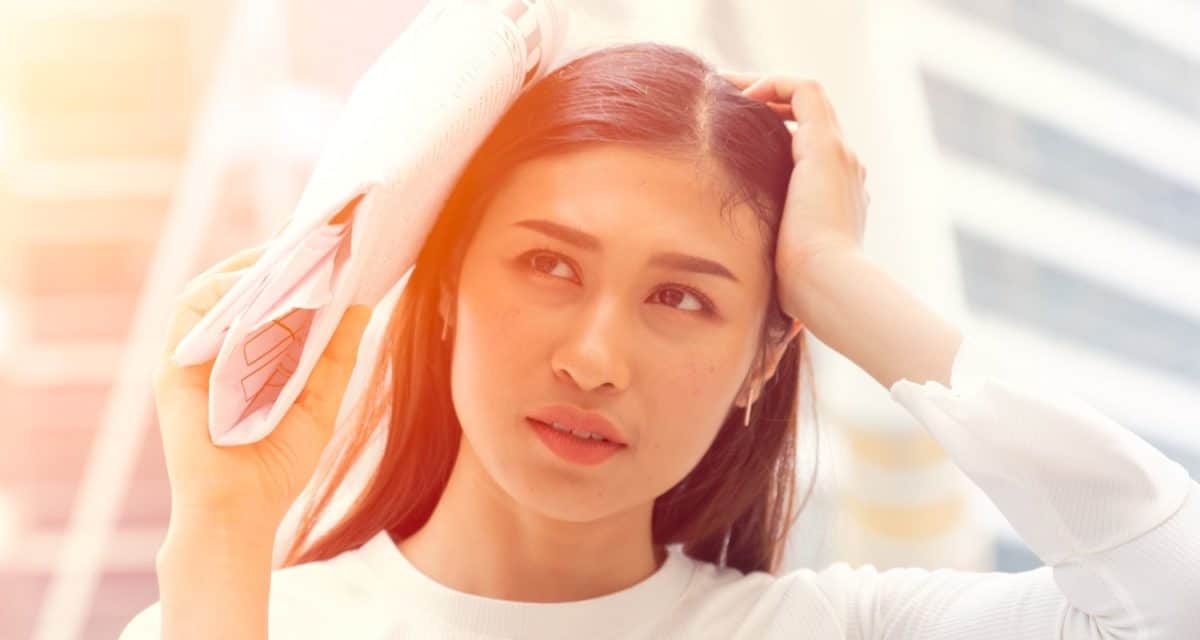- How Long Do Outdoor Sun Shades Last? - April 15, 2024
- Best Spots to Visit in Arizona - April 5, 2024
- Your Guide to Sun Safety and Enjoyment - March 24, 2024
A lot of us love the dryness and the heat but even for sun lovers, the hot months in Phoenix can feel extreme! Not only is it hot, but it’s important to be aware of your sun exposure. Not only do you have to be aware of sunburns and overheating but UV rays have lasting damage.
What are UV Rays?
UV rays are a form of electromagnetic radiation which comes from the sun. There are three types of UV rays: UVA, UVB, and UVC rays. UVA rays have the least power but can cause aging in skin cells. UVB rays hold a bit more power, causing sunburns and putting us at risk for skin cancer. Meanwhile, the strongest rays from the sun, UVC rays, don’t even reach the ground. UVC rays react with the ozone and because they are the shortest wavelength, they can have the highest impact when they hit the skin – fortunately, we don’t receive UVC rays from the sun, but they do exist from some human-made sources such as welding torches, mercury lamps and UV sanitizing bulbs made to kill bacteria.
Health Risks of UV Rays
The greatest risk to us here in Phoenix is UVB rays which can pass the ozone layer causing sunburn, melanoma, and other forms of skin cancer. They have also been linked to Merkel cell carcinoma, a less common type of skin cancer, and cancer of the lip and eye. It’s important to avoid the sun when you can as overexposure can have life-threatening consequences. According to Skincancer.org “in the U.S., more than 9,500 people are diagnosed with skin cancer every day. More than two people die of the disease every hour.” In addition, “More people are diagnosed with skin cancer each year in the U.S. than all other cancers combined. And At least one in five Americans will develop skin cancer by the age of 70.”
Arizona Sun
Being a Phoenix resident can be tricky with all our sun. Avoiding the sun altogether is not advisable either, as sunshine provides the importance of helping the body to absorb and retain calcium and phosphorus. Both are essential for building bone. However, scientists are still attempting to understand the correct amount of vitamin D to get from the sun without risking dangerous UV rays. However, what we do know is that how much vitamin D you make depends on many things, including your age, how dark your skin is, and how strong the sunlight is where you live- meaning that Arizona residents have to be extra aware.
Sunlight is the main source of UV radiation and in Phoenix, we have no shortage of sunny days. The sun is usually strongest between 10 a.m. and 4 p.m. and due to our proximity to the equator, this means Phoenix residents have to take extra care about how much sun we get day after day. There are several ways to protect yourself from the sun’s UV rays. Here are just a few.
Wear Plenty of Clothes
UV radiation from the sun can be blocked with clothes It is also important to wear hats and sunglasses in bright sunlight.
Apply Sunscreen Evenly — Choose a sunscreen with zinc oxide or titanium dioxide. They are minerals, naturally found in the earth and are the only ingredients approved by the FDA to give your sunscreen a natural SPF (Sun Protection Factor). Make sure to cover your face, tops of your ears, back of your neck, arms, legs, and tops of your feet. As a rule, use about one in a half to two ounces and reapply every two hours.
Remember that clouds don’t block UV rays — just because it’s overcast doesn’t mean you are safe from the sun. The rays pass through the clouds and it’s cloudy days where sun damage is often the worst as many underestimate the sun’s effects.
Take extra care at the Pool – we all love to enjoy hot days lounging at the pool. However, water and hot cement can reflect UV rays and increase your exposure.
Invest in CC Sunscreens
You may feel safe inside but if you spend time near a window, you are still at risk. CC Sunscreen window shades block out up to 90% of the sun’s harmful UV rays. If you want to enjoy time in your backyard, our patio shades can also keep you safe. Contact us to schedule a free estimate today and enjoy staying cool and safe in the shade.

